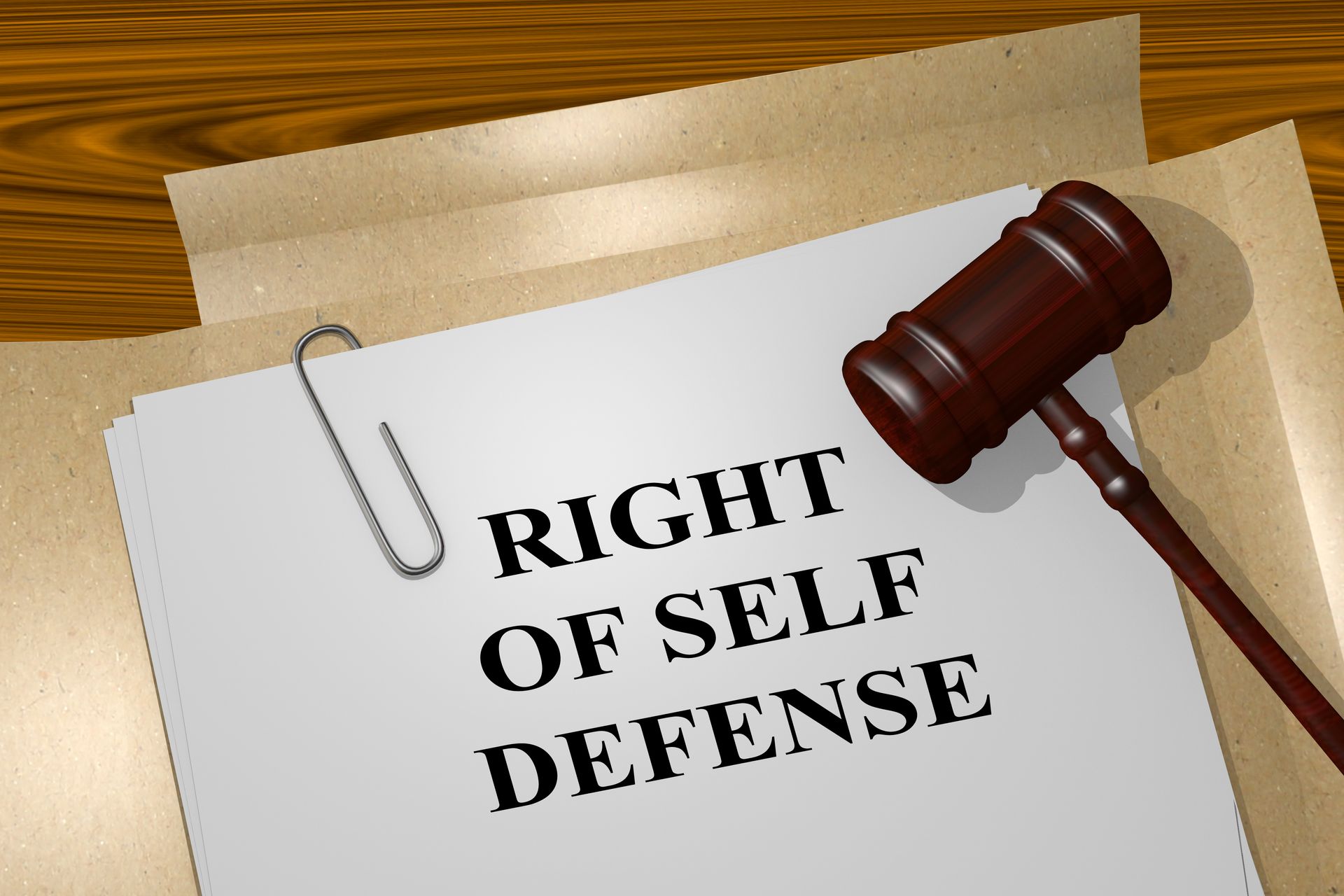Indiana Wrongful Death FAQs
When death is caused by someone else's careless or dangerous actions, the pain becomes even harder to bear. You're facing financial problems, unanswered questions, and a legal system that seems impossible to understand.
Wrongful death cases are complicated, and Indiana has specific laws that affect your rights. Having an experienced wrongful death attorney from Dogan & Dogan as your advocate can make all the difference in getting the justice and compensation your family deserves.
What Exactly Is Wrongful Death Under Indiana Law?
In Indiana, wrongful death occurs when someone dies due to another's negligence, recklessness, or intentional actions. Examples include deaths from drunk driving, medical errors, defective products, workplace accidents, or violent crimes.
Indiana law says that if your loved one could have sued for personal injury if they had survived, then you can file a wrongful death lawsuit. This gives families a way to seek justice and compensation when someone's actions take away their family member forever.
Who Can File a Wrongful Death Lawsuit in Indiana?
In Indiana, only the personal representative of the deceased's estate can file a wrongful death lawsuit, typically a spouse, adult child, or parent. This representative files on behalf of statutory beneficiaries, who are entitled to compensation.
Beneficiaries usually include spouses, children, and parents. If none exist, other family members may be eligible. A wrongful death lawyer can help determine who has rights in your situation, guiding you through the process and ensuring those entitled to compensation receive it.
What Compensation Can Families Receive?
Indiana wrongful death law allows families to recover compensation for their losses. The law recognizes that losing a family member affects people in many different ways. Eligibility for compensation for certain losses can depend on your relationship with the deceased, such as spouse or child.
Lost Income and Financial Support
One of the biggest concerns for families is how they'll manage financially without their loved one's income. If the deceased person worked and contributed to the family's financial well-being, the family can seek compensation for the money they would have earned in the future.
This includes not just salary or wages, but also benefits like health insurance, retirement contributions, and other financial advantages the family has lost. Calculating these amounts requires careful analysis of the person's work history, education, age, and potential for career advancement.
Loss of Services and Care
Family members do more than just bring home paychecks. They provide services that would be expensive to replace. This might include childcare, household maintenance, yard work, or taking care of elderly relatives.
Indiana law allows families to seek compensation for the value of these services. This recognizes that replacing everything your loved one did for the family will cost real money.
Medical and Funeral Expenses
The final medical bills and funeral costs can be overwhelming for families who are already dealing with the loss of income. Wrongful death cases can include compensation for these expenses, helping families avoid going into debt during an already difficult time.
Love, Companionship, and Guidance
Indiana law also recognizes that family relationships have value beyond money. Spouses lose companionship, comfort, and emotional support. Children lose guidance, advice, and the love that helps them grow into healthy adults.
While no amount of money can truly replace these losses, compensation can help families rebuild their lives and honor their loved one's memory.
How Long Do You Have to File a Wrongful Death Case?
Indiana gives families two years from the date of death to file a wrongful death lawsuit. This might seem like a lot of time, but it goes by quickly when you're grieving and trying to figure out what happened.
Starting the legal process early helps preserve evidence and witness memories. The sooner a wrongful death attorney can begin investigating your case, the better chance you have of building a strong claim.
Does It Matter if the Deceased Person Was Partially at Fault?
In Indiana, the comparative fault system can reduce compensation if your loved one was partially at fault for the accident. For instance, if they were 20% at fault, your compensation would be reduced by 20%.
However, if they were 51% or more at fault, you wouldn't be eligible for compensation. Insurance companies often try to shift blame to minimize payouts. An experienced wrongful death attorney can investigate the case, determine fault accurately, and fight against unfair blame, ensuring your family receives fair treatment and potential compensation.
What if the Person Who Caused the Death Is Facing Criminal Charges?
Sometimes the person who caused your loved one's death also faces criminal charges. This might happen in cases involving drunk driving, workplace safety violations, or violent crimes.
The criminal case and your wrongful death lawsuit are completely separate. The criminal case is between the state and the person who caused the death. Your wrongful death case is between your family and that person (or their insurance company).
You can pursue your wrongful death case even if the criminal case is still ongoing. You don't have to wait for the criminal case to finish. In fact, waiting might hurt your civil case because of the time limits we discussed earlier.
What About Medical Malpractice Wrongful Death Cases?
Medical malpractice wrongful death cases in Indiana are difficult, requiring proof that healthcare providers fell below professional standards. These cases have special rules, including a two-year filing deadline and potential review by a medical panel.
To handle these challenges, you need a wrongful death attorney who understands both law and medicine. They'll match the skill of the healthcare providers' lawyers, protecting your family's rights and fighting for justice.
How Much Does It Cost to Hire a Wrongful Death Attorney?
Most wrongful death lawyers work on a contingency fee basis. This means you don't pay attorney fees unless they win your case. The lawyer's fee comes out of any settlement or court award you receive.
This system makes it possible for families to get high-quality legal representation even when they're facing financial difficulties after losing a loved one. You don't have to worry about paying lawyer fees upfront or going deeper into debt to seek justice.
Why You Need an Indiana Wrongful Death Attorney
In wrongful death cases, experienced lawyers will work to minimize the responsible party's liability. Insurance companies have teams protecting their profits. You need an equally skilled attorney fighting for your family's rights.
A wrongful death lawyer understands the law, investigates properly, and negotiates with insurers from a position of strength. At Dogan & Dogan, we've helped Indiana families seek justice and compensation. We'll handle the legal details while you grieve. Contact us today at 219-764-0100 or online to learn about your rights and options.












